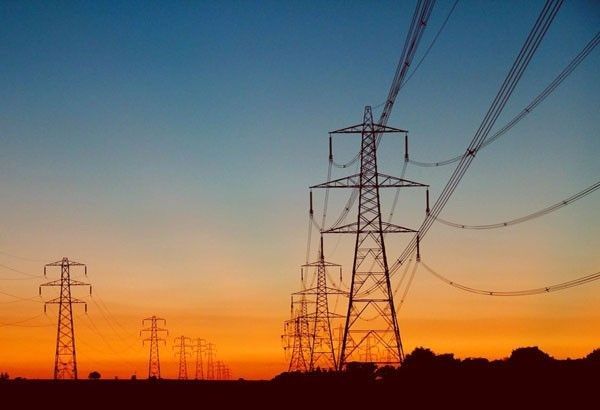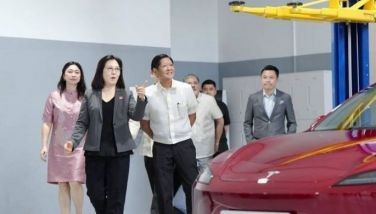Pragmatic approach to energy security

In the midst of surging power demand and concerns over energy security, the importance of a more resilient and robust energy infrastructure in maintaining reliable supply for the Philippines has taken center stage.
In April 2024 alone, the Luzon grid endured numerous red and yellow alerts in a span of two weeks , stark indicators of a challenging supply situation which was exacerbated by the scorching temperatures of El Niño. This underscores the urgent need for dependable power sources.
In a recent media briefing, Manuel V. Pangilinan or MVP, chairman and CEO of the country’s biggest electricity distribution utility Meralco, brought forward what I believe is a pragmatic approach to addressing the country’s energy needs. The advocacy to return to conventional power sources, including coal and gas, comes at a time when the Philippines grapples with strained energy reserves that lead to power outages.
According to MVP, “What this country needs, where there is a very thin margin of supply to demand, are very conventional power plants, probably gas, more than coal.”
While renewable energy (RE) undeniably offers significant benefits, there is a compelling argument that its current capacity may not entirely fulfill the demand for stability during periods of heightened energy consumption.
This concern is underscored by Meralco’s data, revealing that the actual electricity demand in its franchise area this year already reached a record high of 9,301 MW on April 24 — exceeding last year’s 8,438 MW peak demand which was recorded in May 2023. Additionally, Meralco has noted a correlation of around 2.5 GWh consumption per day for every degree increase in temperature.
The intermittent nature of renewable sources underscores the continuing need for baseload power sources to ensure grid stability. Additionally, the infrastructure required to harness and distribute renewable energy is still evolving, which makes its integration into the existing energy grid still a challenge.
There is, I believe, a need for a reality check on the energy system. During the briefing, MVP added, “We get excited about new technologies simply because they are new. But the reality is that these are not what this country needs, and these are not quick fix solutions. What this country needs are very conventional solutions.”
This approach to energy policy resonates with industry experts who acknowledge that while renewable energy remains pivotal in transitioning toward a low-carbon future, there’s a pressing need for a reevaluation of energy policies to foster a diversified energy portfolio.
MVP emphasized that private sector investments in this context should not be stifled; instead, they should be encouraged, as the benefits outweigh the risks for the government.
“It is private sector money that will be put into these generation plants- whether coal, gas, solar or wind. The private sector, quite rightly, should take the risk alone, no government funding, no government guarantees, no government subsidies,” MVP said.
The situation today is a call to review energy policies. It reminds us of the need for practical solutions and implementation of strategic plans to meet the long-term requirements of the energy sector. It is undeniable that it is crucial to strike a balance between conventional and renewable energy sources. While renewables offer hope for the future, we must first tackle the urgent energy needs of today.
As the Philippines faces the challenges of rising energy demand while also considering environmental issues, policymakers must prioritize recalibrating our energy strategies. Dependable conventional power is vital for stability now and for building a resilient and sustainable energy future.
- Latest
- Trending
































